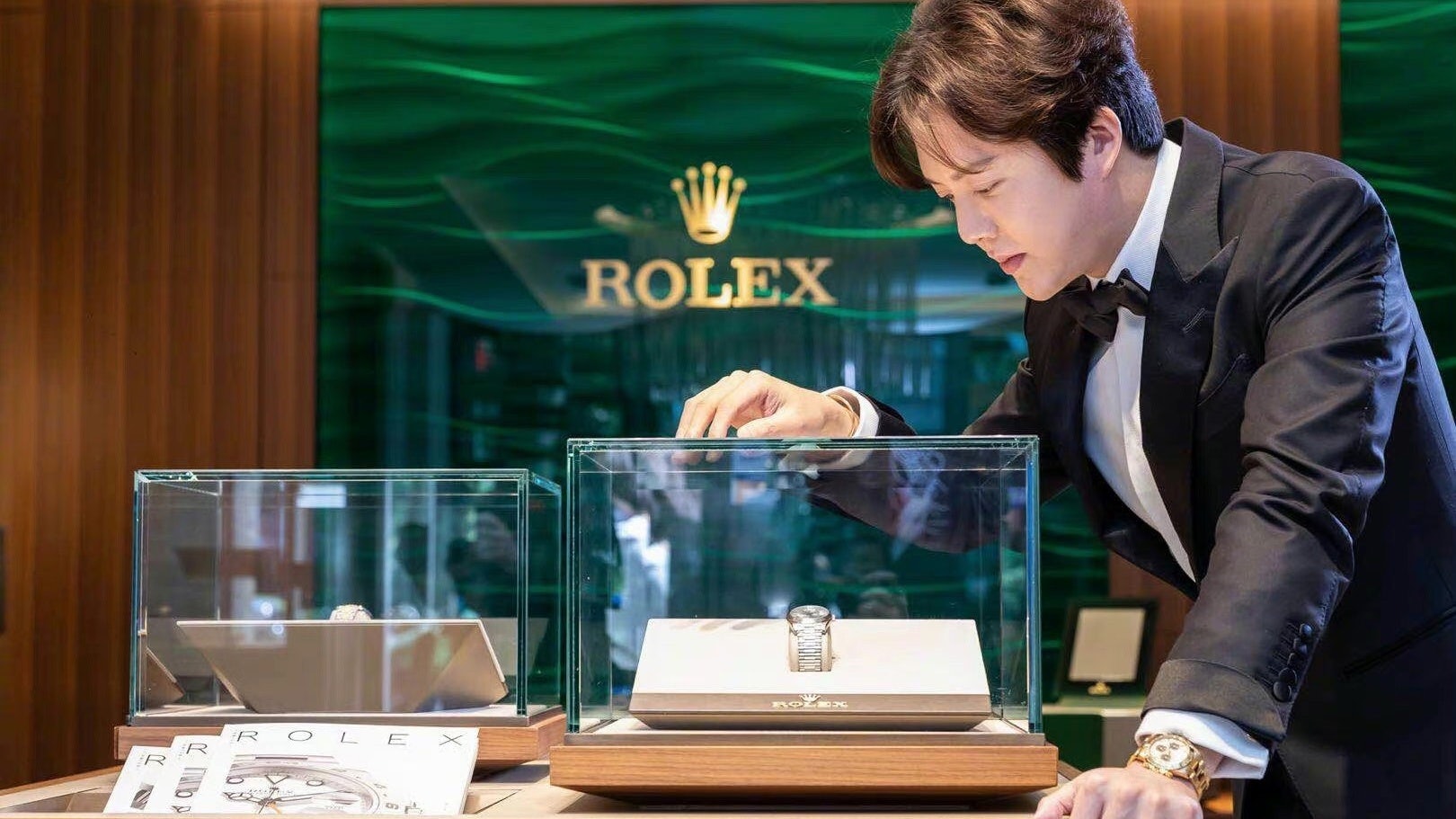What happened
China’s “Piano Prince” has struck a sour chord. On October 21, internationally renowned concert pianist Li Yundi was arrested for soliciting a prostitute, becoming the latest Chinese celebrity to end up on the wrong side of the law. News broke after police in Beijing’s Chaoyang district posted on Weibo that they had received anonymous tips about illegal sex work in the area and launched an investigation on a 39-year-old man, later identified as Li, and a 29-year-old female. Under Chinese law, those caught soliciting or managing sex workers can face up to 15 days of detainment or a fine of 5,000 yuan (782).
The Jing Take
Although the legal punishment isn’t too severe, the social repercussions will be disastrous. For one, the China Association of Performing Arts was quick to cancel Li’s membership, citing his “indifference to the law and a lack of moral self-discipline,” and even called for his boycott. Meanwhile, the Chinese Musicians’ Association dropped Li for creating “extremely negative social impact.” Online, his profile on Weibo has been changed to remove affiliations with political organizations like the All-China Youth Federation, and his face has been blurred out on the latest episode of the TV show Call Me by Fire.
Li, who was the youngest pianist to win first place at the prestigious International Chopin Piano Competition in 2000, is a household name in China. On top of appearing five times at the Spring Festival Gala, he has also been awarded titles such as “China’s Top Ten Youth Leaders” and “National May Fourth Youth Ambassador.” Given his reputation and commercial value, the artist has cooperated with numerous brands, including Rolex, high-end electronics company Bang & Olufsen, Tom Ford, and most recently, GAC Toyota. Although these international names have yet to publicly respond to the incident, Li’s name is now notably absent from their Weibo pages. It is likely they will distance themselves from Li as other brands have done when faced with similar KOL scandals.
Clearly, when it comes to China’s celebrity crackdown, idols and effeminate “little fresh meat” aren’t the only ones on the chopping block. Following Kris Wu’s arrest on suspicion of rape and Zheng Shuang’s 46 million fine for tax evasion, Beijing has ramped up regulations around the entertainment sector, stating that those who violate the laws and are “unethical and depraved” must not be broadcasted on TV. And in line with these changes, major internet platforms such Weibo, Tencent Video, and Douyin have pledged to not work with controversial stars, meaning a return to the industry will be very difficult.
For luxury brands, the takeaway is more than just careful KOL selection (because, really, who can predict these scandals?) but rather the reminder that Chinese authorities are making good on their promises. Particularly in the lead up to the 20th National Congress, in which Xi Jinping is expected to stay for an unprecedented third term, those who run afoul of the law will eventually face the music.
The Jing Take reports on a piece of the leading news and presents our editorial team’s analysis of the key implications for the luxury industry. In the recurring column, we analyze everything from product drops and mergers to heated debate sprouting on Chinese social media.


